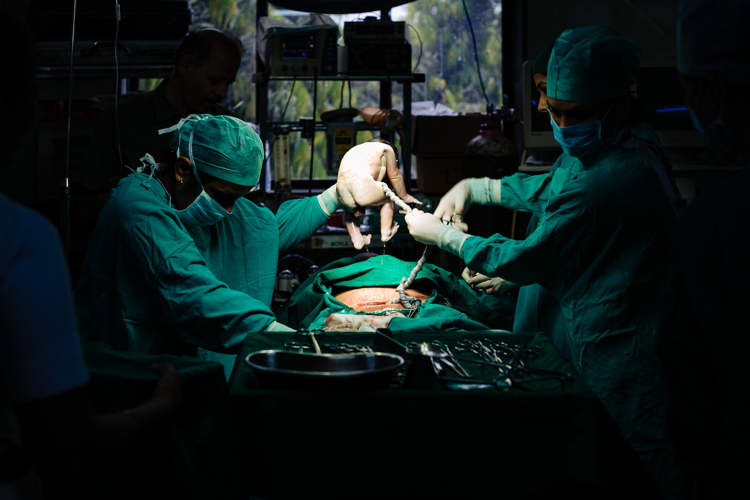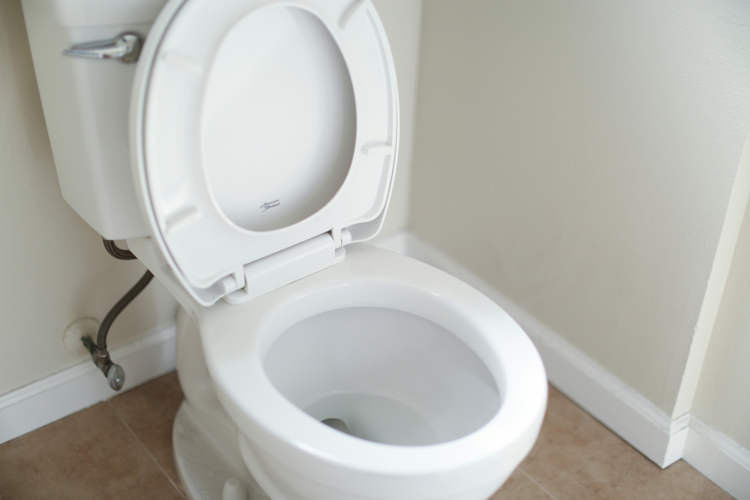An Australian man tried to sue a Melbourne hospital claiming that he was ‘permitted’ and even ‘encouraged’ to attend his wife’s C-section, which caused the onset of a mental illness.
In January of 2018, Anil Koppula’s wife gave birth to a healthy baby via cesarean section at the Royal Women’s Hospital in Melbourne. He was allowed in the operating room during the procedure, and seeing his wife’s organs and blood allegedly caused the onset of a psychotic illness. Now, years later, he is trying to sue the hospital for AU$ 1 billion in psychological damages. Koppula, who represented himself during the legal proceedings, claimed that the hospital breached its duty of care it owed to him, adding that the psychotic illness caused the breakdown of his marriage.

Photo: Amit Gaur/Unsplash
“Mr. Koppula alleges that he was encouraged, or permitted, to observe the delivery, that in the course of doing so, he saw his wife’s internal organs and blood,” the documents he submitted in court read. “He says that the Hospital breached a duty of care it owed to him and is liable to pay him damages.”
The Royal Women’s Hospital admitted that it owed Koppula a duty of care, but insisted that it hadn’t breached it, claiming that women are very often allowed to have their partner or family members in the room with them as they have their C-section, for support. They are warned about the details of the procedure and asked not to interfere with it in any way.
Anil Koppula underwent a medical examination which determined that “the degree of psychiatric impairment resulting from the injury to the claimant alleged in the claim does not satisfy the threshold level”. The plaintiff disagreed with the evaluation but did not apply for a review of the determination.

Photo: WilliamCho/Pixabay
The hospital recently moved to have the trial dismissed, which Justice Gorton of the Supreme Court of Victoria was more than happy to do.
“I am therefore satisfied that the legal effect of the Medical Panel’s determination is that Mr Koppula is simply unable, as a matter of law, to recover damages for non-economic loss,” the verdict read.












